
Amazing Tips for Preparing Your Vehicle for the Winter Season
Whether you’re a seasoned rider or a newbie adventurer, proper preparation is key to ensure a safe and enjoyable journey. Learn these essential motorcycle trip tips.
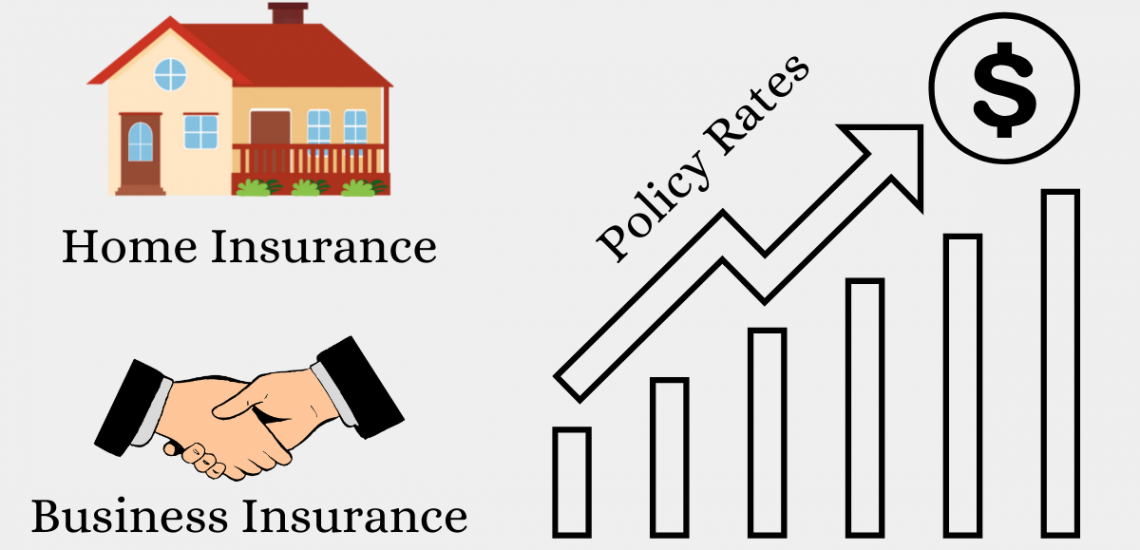
Property insurance rates have been skyrocketing in recent years. Home and business owners everywhere are falling victim to these rapid increases. This past December measured premium rates up by 11.4% since 2017, meaning that they have effectively surpassed the rate of inflation (The Washington Post, 2021). It is easy to assume these price hikes are a result of greed from major insurance providers, but there’s actually a lot more going on. Here are some of the reasons why prices continue to trend upward in property insurance.
Severe climate and weather events are at a historical all time high. As a result, the rate of property damage claims is constantly climbing. In the past five years alone, there have been 86 events with losses exceeding $1 billion each in the United States (NOAA National Centers for Environmental Information, 2021). The total insured losses from global natural disasters totaled $130 billion in 2021, with the United States accounting for $92 billion (Aon PLC, 2022).
To put that into perspective, insurance providers are stuck paying out for claims related to catastrophic events at a rate never been seen before. In order to stay somewhat profitable and continue to provide coverage, they are left with no choice but to hike their rates.
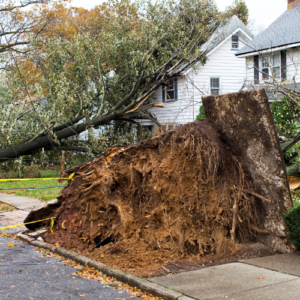
With the current economic climate of the world, the cost of labor and raw materials has gone through the roof as inflation continues to rise. Construction costs have increased by 28% over the last five years alone. In 2021, the total costs of nonresidential reconstruction grew by 16.5%. This was led by a 51% increase in structural steel and a 22.7% increase in the cost of lumber. On top of that, machinery and equipment replacement costs have increased 8.5% over the same time period (U.S. Department of Labor, 2022). As replacement costs rise, home and business owners are paying more and more to maintain the necessary coverage limits.
The covid pandemic has been a nightmare from a labor shortage perspective. Financial pressures coupled with initial government restrictions led businesses to downsize, leaving many out of work. In response, government relief programs have provided income sources for these newly unemployed individuals and now as the economy begins to make a comeback, skilled laborers are more and more hesitant to return to work. A recent survey found that 89% of contractor respondents reported difficulty in filling positions (Associated General Contractors of America, 2021). Some are fearful of risking exposure to the covid virus, while others are content to receive unemployment benefits to supplement their income.
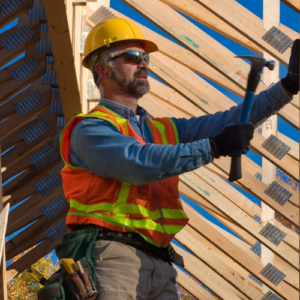
2021 data showed that roughly 64% of homeowners are underinsured (CoreLogic, 2021). This is not to be confused with being uninsured, where there is simply no policy in place. In the case that a homeowner is underinsured, they have a policy on the home that simply does not provide the level of coverage to fit their needs. In the event that a claim is requested on the home, they are in for a rude awakening.
From a business perspective, it is estimated that 75% of commercial businesses are underinsured by 40% or more on average (Marshall & Swift/Boeckh, 2019). On top of that, research showed that over 40% of small businesses have no level of insurance coverage at all! With the cost of labor and materials rising faster than ever before, businesses need to have accurate coverage levels to adjust. The same applies to homeowners as well.
If you’ve never heard of reinsurance, the concept is simple. It is insurance coverage for insurance companies. When large scale claims threaten the financial well being of an insurance company, they rely on reinsurance for financial aid. As supply chain and labor shortages continue to get worse, reinsurance rates are increasing. This is causing insurance companies to resort to raising premiums to make up for the increased costs on their end.
Property insurance rates are most likely not going down anytime soon. Economic and political conditions continue to impact industry prices. Until these conditions improve, rates will keep climbing. In any case, having a trusted independent insurance agent will ensure you are getting the best property rates available.

Whether you’re a seasoned rider or a newbie adventurer, proper preparation is key to ensure a safe and enjoyable journey. Learn these essential motorcycle trip tips.

Whether you’re a seasoned rider or a newbie adventurer, proper preparation is key to ensure a safe and enjoyable journey. Learn these essential motorcycle trip tips.

Meet Alec Toth, the newest member of our team here at TFG Home & Auto! Alec is a Sales Representative, responsible for reviewing home, auto, umbrella, recreational vehicle and landlord policies.
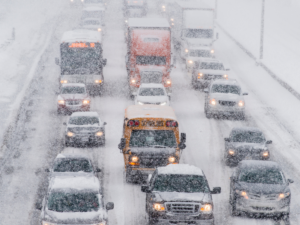
SHARE THIS POST Winter weather brings hazardous conditions to the roads. Driving in the winter time can cause some anxiousness, and rightfully so! Weather-related car accidents are responsible for more deaths in the US than large-scale weather disasters like hurricanes,
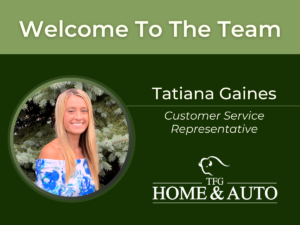
Meet Alec Toth, the newest member of our team here at TFG Home & Auto! Alec is a Sales Representative, responsible for reviewing home, auto, umbrella, recreational vehicle and landlord policies.
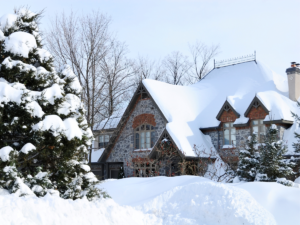
SHARE THIS POST As a homeowner, you are aware of the many threats harsh winter weather brings. The severe conditions can cause a lot of damage to your home if you aren’t careful, and that’s why we are here to